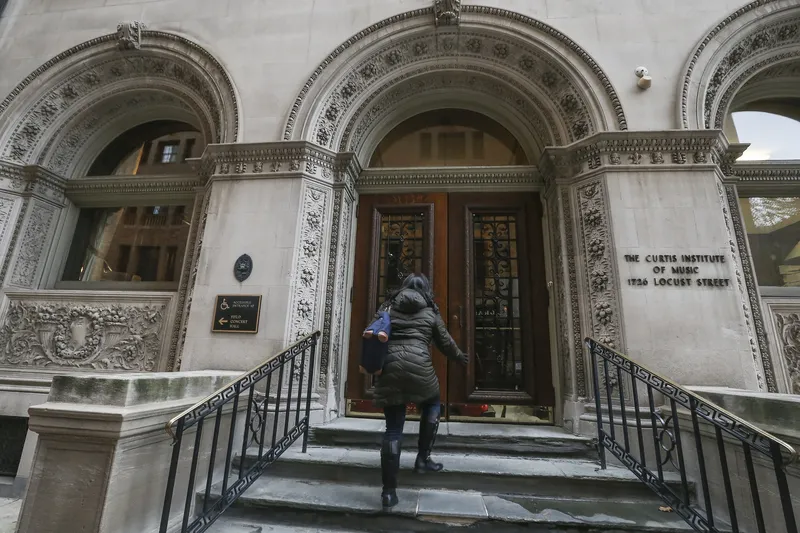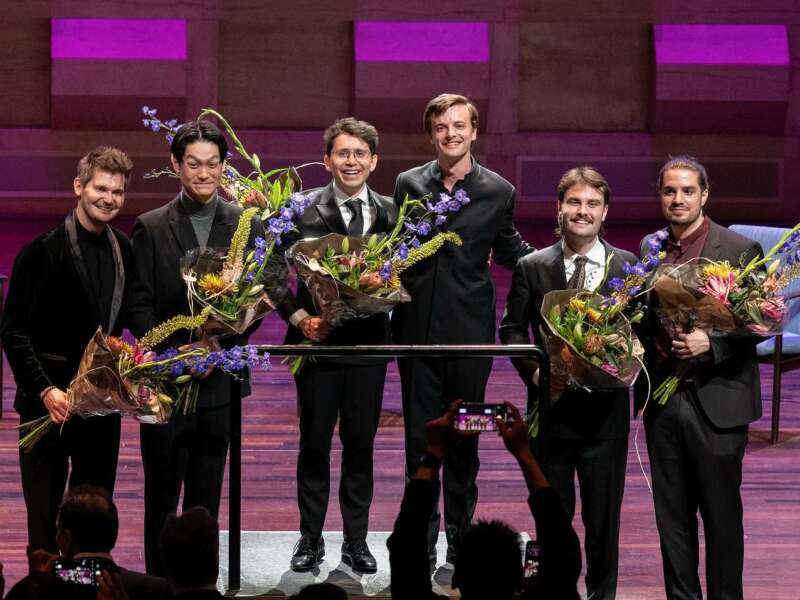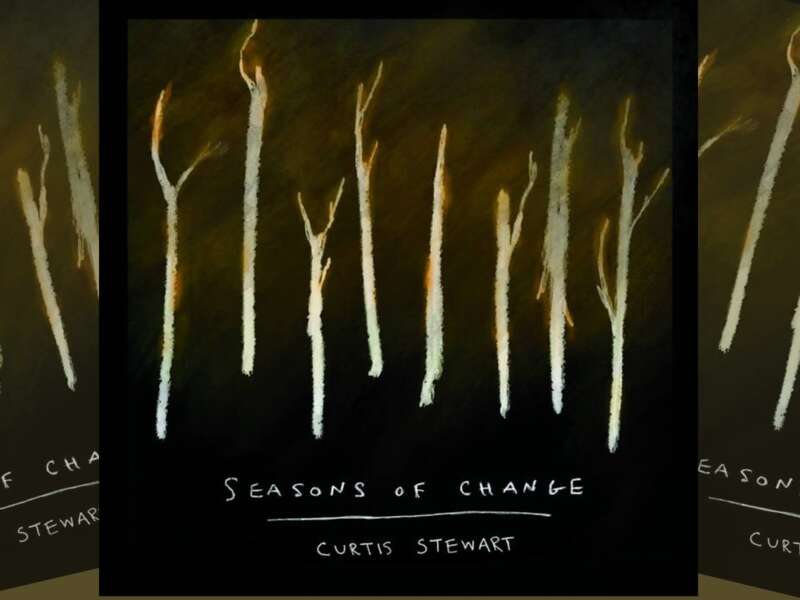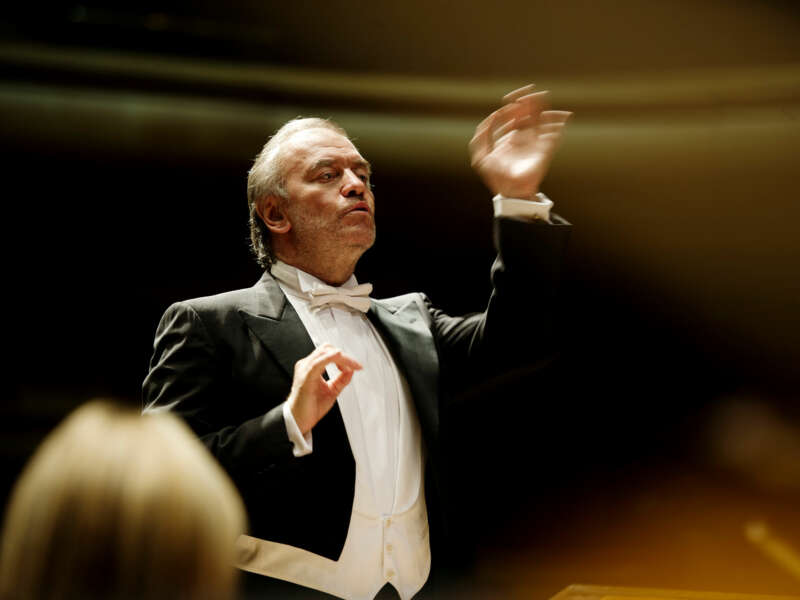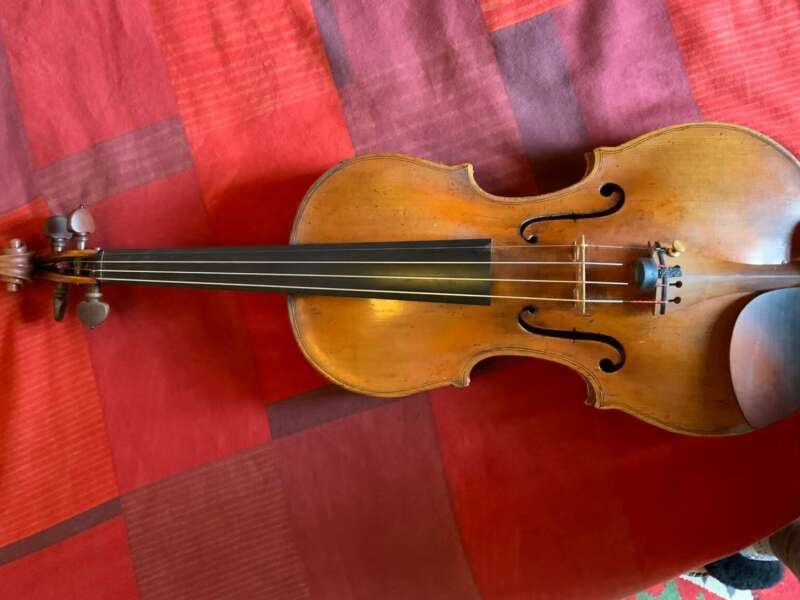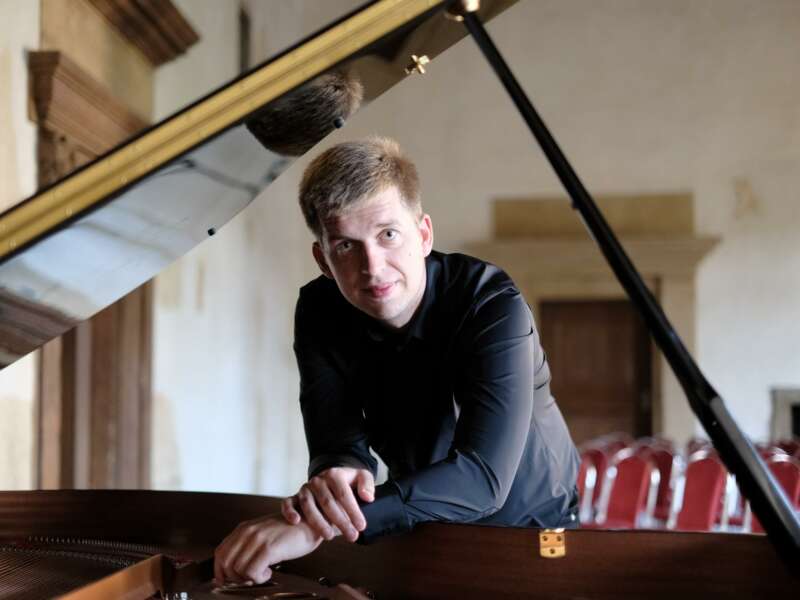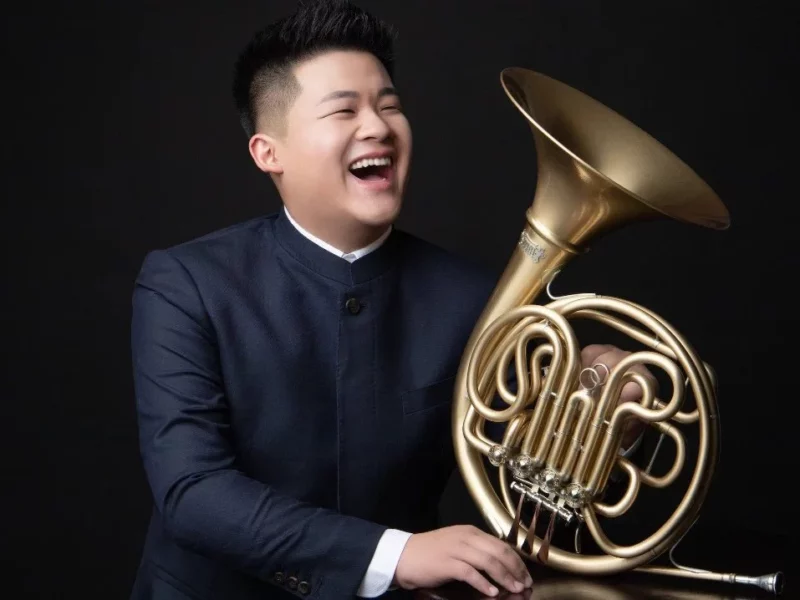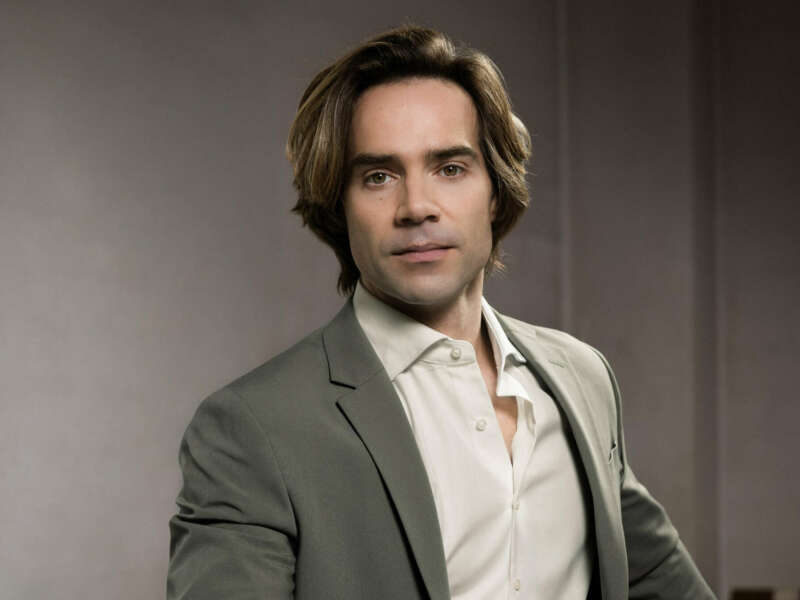Curtis Institute Receives $10 Million Gift Towards Ensemble-in-Residence Program
The donation will allow the Penelope P. Watkins Ensemble in Residence Program to be funded in perpetuity
The Curtis Institute, in Philadelphia, PA, recently received one of the largest individual gifts in the history of the school. The $10 million donation by current board member Penelope P. Watkins will allow her eponymous Ensemble in Residence program — which was established in 2020 — to continue in perpetuity.
The program is intended to continue Curtis's long-term history of hosting excellent chamber music ensembles as faculty at the school. In the past, groups such as the Guarneri Quartet and the Curtis String Quartet have been hosted there.
The post is currently held by VC Artist Dover Quartet. The quartet, who recently appointed a new violist, provides mentoring and coaching to participants in Curtis's Nina von Maltzahn String Quartet Program, as well as some of the school's other chamber ensembles.
Founded in 1927 in Philadelphia, the Curtis Institute was originally conceived to train future members of the Philadelphia Orchestra. Since that time Curtis has become one of the most prominent and highly-regarded music schools in the United States and provides full scholarships for all its students.
"We are deeply honored by Penny’s generosity to Curtis and her longstanding, unwavering support of our mission," said Roberto Díaz, the President and CEO of the Curtis Institute.
"As we approach Curtis’s centenary in 2024, we look back at and celebrate our tremendous history and impact, but more importantly, we are focused on the future of our school and students," he continued. "Penny’s gift enables us to do both: it recognizes the importance of chamber music in Curtis’s history, while ensuring that it continues to develop and flourish at Curtis for generations to come."
"I am so honored to be able to play this role in Curtis’s historic legacy," said Penelope Watkins. "By endowing this residency, we’re helping to foster not only the future of chamber music, but developing the kind of innovative, flexible, and collaborative musicians who can adapt, create, and thrive no matter where their careers take them."
june 2025
july 2025


